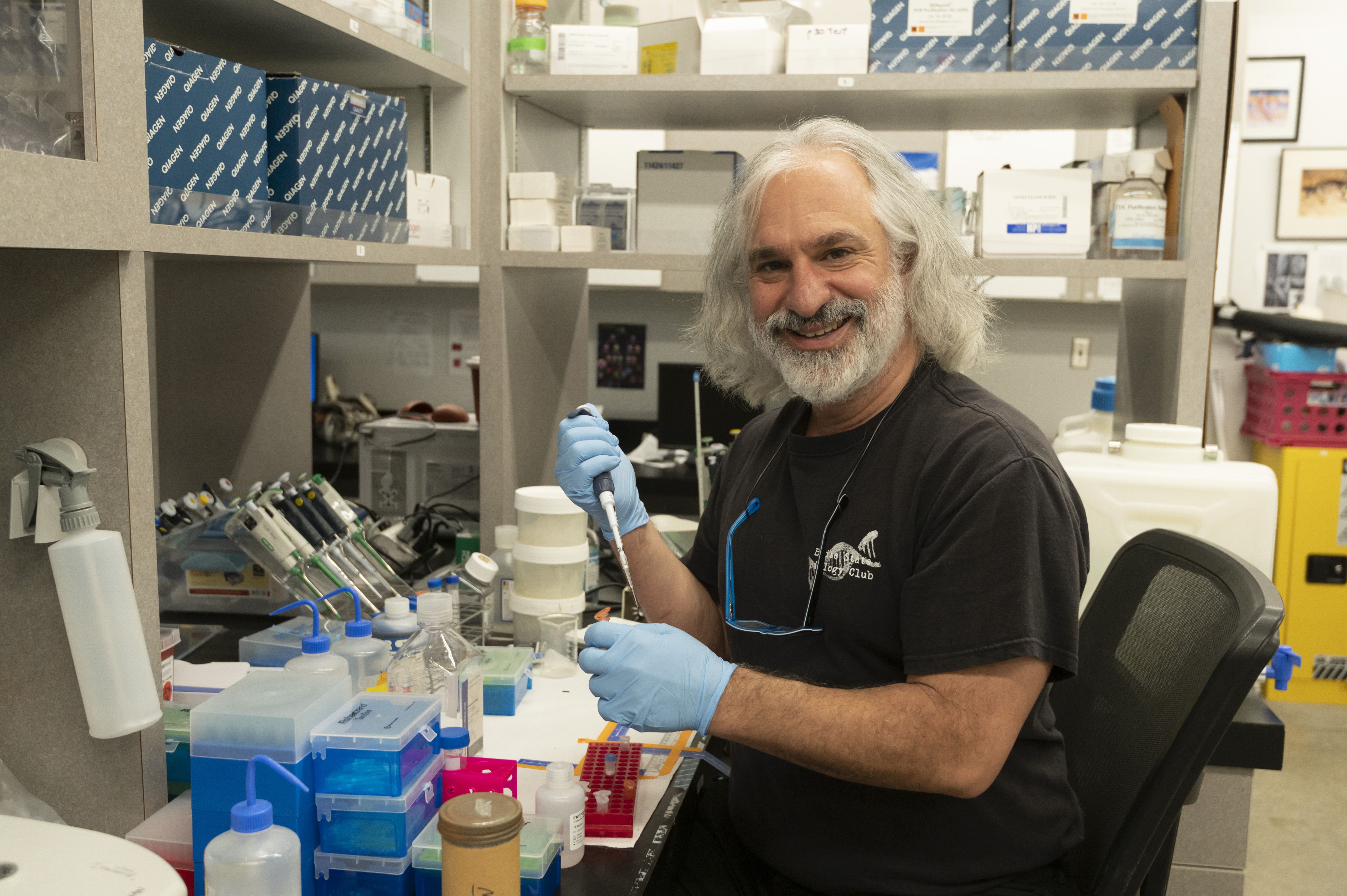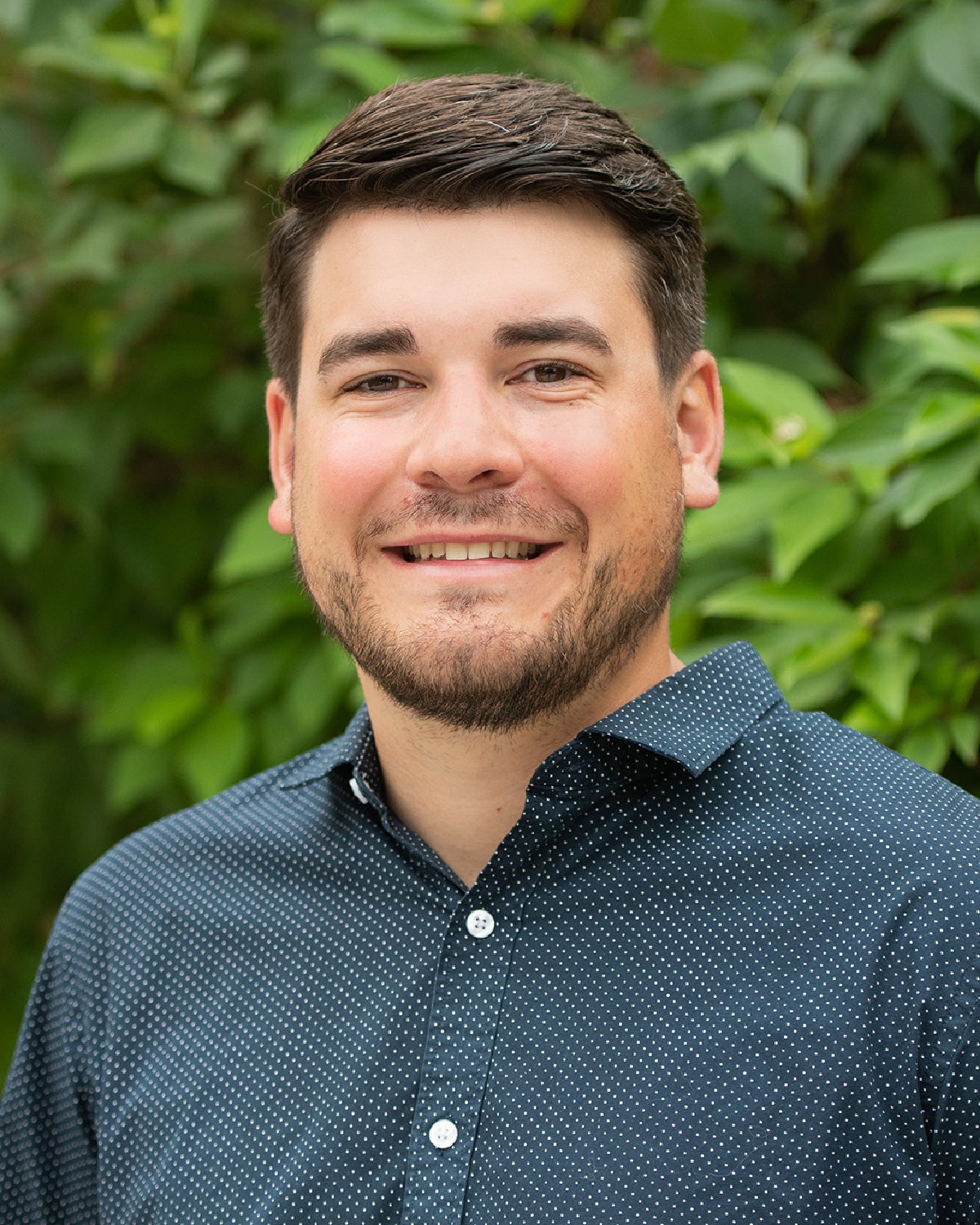
The American Association for the Advancement of Science recently published an article titled “The Bias Hunter” about Iteil Dror, a cognitive psychologist who has exposed bias in several areas of forensic science. The article discusses a paper coauthored by Dror and Greg Hampikian, a professor in the Department of Biological Sciences, the first paper documenting the potential for bias in actual DNA casework.
The paper, “Subjectivity and bias in forensic DNA mixture interpretation” stemmed from work on the case of Kerry Robinson, a man wrongly convicted of rape in Georgia. Hampikian uncovered an error in DNA interpretation that was the only physical evidence against Robinson in the 1993 case.
According to the story on the Georgia Innocence Project website, “the state presented only two pieces of evidence against Robinson at his trial: the incentivized accusation of Tyrone White, who received a lesser sentence for his testimony even though his version of events directly contradicted the rape survivor’s own account; and inaccurate and overstated testimony from a Georgia Bureau of Investigation DNA analyst.”
The analyst’s invalid scientific testimony corroborated White’s accusation of Robinson which secured the conviction under Georgia law.
Hampikian said of Dror, “Itiel has taken laboratory studies on bias, and used them to expose error in forensic science. When he asked me if there was a case we could use to explore bias in DNA analysis, I told him that Kerry’s was a real-life example of how bias operates when data is murky.”
In their study, Dror and Hampikian took the DNA data from Robinson’s trial and gave it to 17 new analysts. Only one of the 17 agreed with the expert who testified at Robinson’s trial. Hampikian said, “The problem is that labs don’t know when to say, this is really inconclusive. Itiel has shown that scientific and medical experts often force a conclusion, where science really has none.”
The paper, widely cited and quoted in journals like the Economist in 2011, did not persuade the judge who reviewed the case. “It took another nine years, and a new kind of analysis, probabilistic genotyping using a program called TrueAllele™, to finally free him,” Hampikian said.
Finally in 2020, with help from the Georgia Innocence Project and Robinson’s long-time lawyer Rodney Zell, Robinson was exonerated after more than 17 years in prison.
In April of 2022, an act of the Georgia legislature compensated Robinson for the wrongful conviction.
Become a donor to support Hampikian and the Idaho Innocence Project.
Inspired by this story? Let's chat!
-

Melanie Bannister
Senior Director of Development
-
